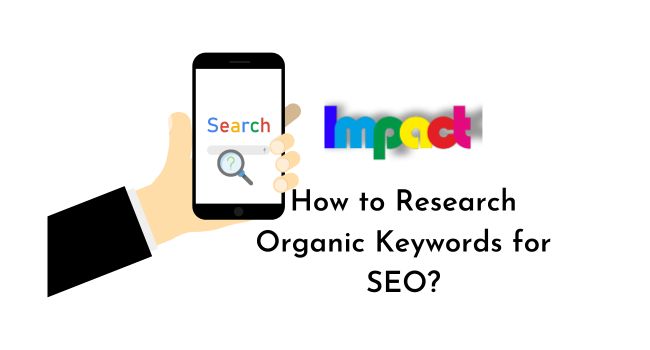Understanding and leveraging buyer intent keywords is crucial for driving highly targeted traffic and boosting conversion rates. These keywords, when effectively utilized, can transform your SEO strategy and elevate your content marketing efforts. In this article, we’ll delve into what buyer intent keywords are, their importance, how to identify them, and strategies for using them effectively.
Table of Contents
What are Buyer Intent Keywords?
Buyer intent keywords are search terms that indicate a user’s readiness to make a purchase or take a specific action. These keywords reflect the different stages of the buyer’s journey, from awareness and consideration to decision-making. By understanding the intent behind these keywords, marketers can create content that directly addresses the needs and desires of potential customers.
Why are Buyer Intent Keywords Important?
Buyer intent keywords are vital for several reasons:
- Higher Conversion Rates: Targeting keywords that reflect high purchase intent attracts users who are ready to convert, leading to higher conversion rates.
- Improved SEO Performance: Search engines prioritize content that aligns with user intent, which can improve your search rankings and visibility.
- Enhanced User Experience: Providing content that meets users’ needs at various stages of their journey enhances their overall experience and builds trust with your brand.
How to Identify Buyer Intent Keywords?
Identifying buyer intent keywords involves understanding the different types of intent and using the right tools and strategies:
- Types of Intent:
- Informational: Users are looking for information or answers to questions (e.g., “how to choose the best laptop”).
- Navigational: Users are searching for a specific website or brand (e.g., “Amazon laptops”).
- Transactional: Users are ready to make a purchase or complete an action (e.g., “buy laptop online”).
- Keyword Research Tools: Utilize tools like Google Keyword Planner, SEMrush, and Ahrefs to identify high-intent keywords. Look for terms with high search volume and clear intent to purchase.
- Competitor Analysis: Analyze competitors’ keywords and content to identify gaps and opportunities for targeting high-intent search terms.
Strategies for Using Buyer Intent Keywords Effectively
Once you’ve identified your buyer intent keywords, the next step is to integrate them strategically into your content:
- Content Creation: Develop content that addresses the specific needs and questions of users at different stages of the buyer’s journey. For example, create informative blog posts for the awareness stage and detailed product reviews for the decision stage.
- On-Page SEO: Incorporate buyer intent keywords naturally into your titles, headers, meta descriptions, and body text. Avoid keyword stuffing, as it can harm your SEO performance.
- Clear CTAs: Use clear and compelling calls-to-action (CTAs) to guide users towards the desired action, whether it’s making a purchase, signing up for a newsletter, or contacting your sales team.
Tracking and Analyzing Buyer Intent Keywords
Monitoring the performance of your buyer intent keywords is crucial for refining your strategy and achieving better results:
- Analytics Tools: Use tools like Google Analytics and Search Console to track key metrics such as click-through rates (CTR), conversion rates, and bounce rates.
- Performance Analysis: Regularly analyze the performance of your keywords and adjust your content strategy based on what’s working and what’s not. Look for patterns and trends to optimize your efforts continuously.
Conclusion
Understanding and leveraging buyer intent keywords is a powerful strategy for any digital marketer. By targeting keywords that align with users’ search intent, you can attract highly qualified traffic, improve your SEO performance, and drive higher conversion rates. Start by identifying the right keywords, integrate them strategically into your content, and continuously monitor and refine your approach for optimal results.
By focusing on buyer intent keywords, you can transform your marketing strategy and achieve greater success in today’s competitive digital landscape. Start implementing these insights today and watch your engagement and conversions soar.



